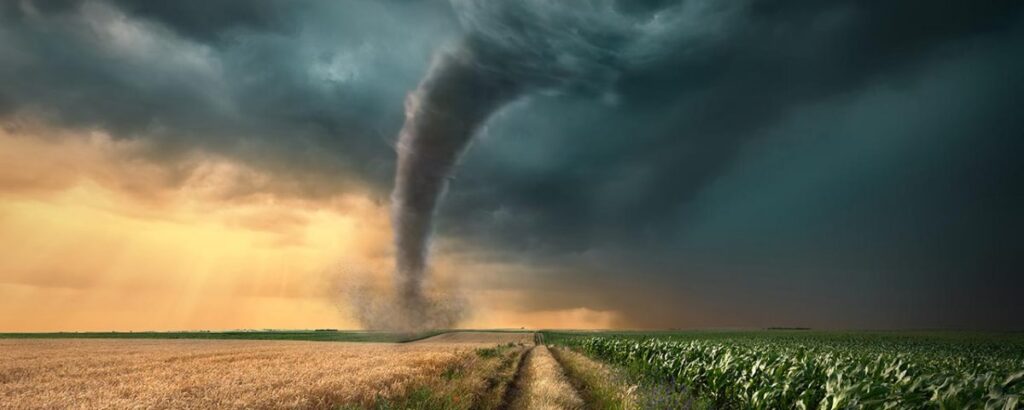In this educationally driven world, through our school and college life, we have studied several subjects. From mathematics to biology, from accountancy to business studies, from geography to political science. In every stream, there were quite a decent amount of subjects. During the passage of school life, we all were fascinated about studying five subjects in social studies, one such subject in that lot was disaster management. I believe you would have heard of this subject and some might even have studied it. But we to forget it’s important, it has always been treated as neglected subject.

Before getting similar with the concept of disaster management, let’s first enlighten us with the idea of disasters. Here, we’ll just talk about natural disasters.
Definition of Natural Disasters
As defined by Wikipedia, A natural disaster is a major adverse event resulting from natural processes of the earth, like floods, hurricanes, tornadoes, volcanic eruptions, earthquakes, Tsunamis and other geologic processes. The adverseness of such an event depends highly on the number of vulnerable population.
The definition clears depicts the adverseness of these horrible events. They cause to have the huge amount of property loss as well as loss of life.
Types of Disasters
There are several types of disasters. Some are stated below with examples.
-
Geological Disasters
The disasters occurred due to some mishap geographically. It includes calamities like avalanches, landslides, volcanic eruptions, earthquakes, sinkholes etc.
-
Hydrological Disasters
It is a violent, sudden and destructive change in either quality of earth’s water or in distribution or movement of water on land below the surface or in the atmosphere. It includes Tsunamis, floods, limnic eruptions etc.
-
Meteorological Disasters
These disasters involve extreme weather conditions, especially weather-forming process. It includes Blizzards, cyclonic storms, droughts, thunderstorms, hailstorms, tornadoes, Heat waves etc.
-
Health Disasters
The occurrence of some disease suddenly in numbers clearly in excess of normal expectancy. This includes epidemics, etc.
-
Space Disasters
the name says it all, a mishap during or at space research. It includes impact events or airburst, solar flare etc.
Effects
A natural disaster affects everything in the region it occurs. The flora and fauna, the habitat, the birds, the people living in the piece of land are severely affected. The people lose their properties, home, occupation what not. The misery to lose their ones can’t be stated in words. The government faces a huge task to transport people safely from affected to a safer one. The region is affected economically as well. The effects and consequences of a disaster can’t be explained subjectively. Below stated are few outcomes of some really horrible devastation.
- During World War I, an estimated 40,000 to 80,000 soldiers died as a result of avalanches during the mountain campaign in The Alps.
- The 1953 Tangiwai disaster was caused by a lahar, as was the 1985 Armero Tragedy in which the town of Armero was buried and an estimated 23,000 people were killed.
- Well-known historical droughts include the 1997-2009 millennium drought in Australia led to a water supply crisis across much of the country.
Several more examples can be stated, and are available on the internet to astonish you.
How to be safe?
Disaster Management can be defined as the organization and management of resources and responsibilities for dealing with all humanitarian aspects of emergencies, in particular, preparedness, response, and recovery in order to lessen the disasters’ impact.
There are many ways and institutions which prepare their enrolled members how to protect themselves at the time of disaster.
But few basic tips which can help at the time of such outrage.
- If you have not been ordered to evacuate, stay in a safe area or shelter during a natural disaster.
- Listen to your portable radio for important updates and instructions from the local or central authorities.
- Always keep a survival kit in your house/
- If power is lost, use a generator but with caution.
- Stay in your safe area and don’t panic.
Several institutions and awareness programs have been initiated by the government of the same purpose.